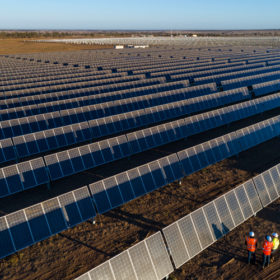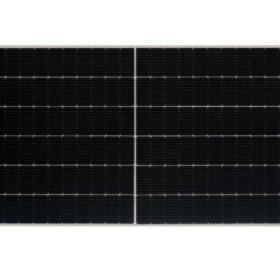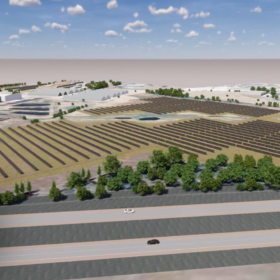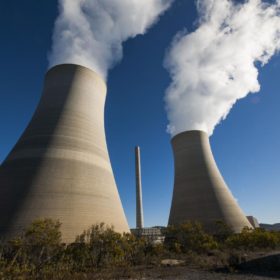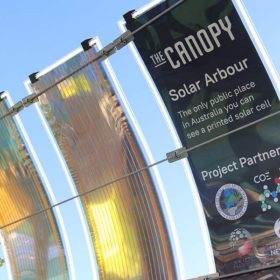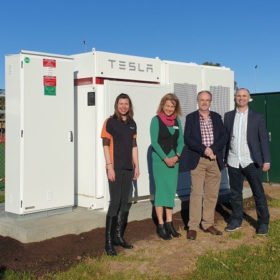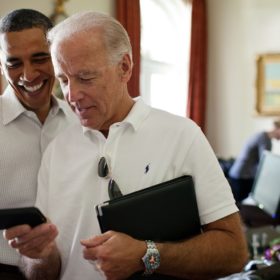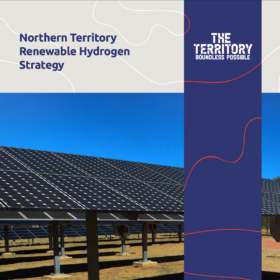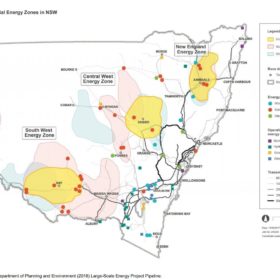CEC calls on Canberra to let renewables power the Covid-19 economic recovery
Clean Energy Council Chief Executive Kane Thornton has penned a personal plea to Canberra to allow the renewable energy industry to lead the Covid-19 economic recovery, saying the green sector could put the country to work over the next decade if meaningful action was taken now.
A closer look at Jinko’s 565-585 W panel
The module – which measures 2,411×1,134×35mm, weighs 31.1kg and features 156 p-type monocrystalline cells – is available in five versions with power outputs of 565-585 W and efficiencies of 20.67-21.40%. Jinko says the Pro Tiger series will become the company’s main revenue stream in 2022, surpassing the Tiger 475 W panel.
Ah McCain…you’ve done it again! McCain to build Australia’s largest ‘behind-the-meter’ system
It’s crunch time for renewables and McCain Foods is chipping in with what is being called Australia’s largest ‘behind-the-meter’ renewable energy system at its production facility in Ballarat. The 8.2 MW system will feature 17, 000 solar panels and a co-generation technology feeding on scrap potato skins.
The results are in – carbon pricing works
Australian researchers have completed the world’s largest comparative study on carbon pricing and the results are a “crystal clear” message to governments around the world, but particularly Australia – carbon pricing works, and works well.
$4.9m in funding for UNSW Global Hydrogen Economy Training Centre
The faucet of federal funding for the future hydrogen economy keeps on flowing today as Minister for Education Dan Tehan announced $4.9m in funding for the development of the ARC Training Centre for the Global Hydrogen Economy. The announcement comes on the back of the establishment of the UNSW’s Hydrogen Energy Research Centre, a university-to-industry institute.
Printed Solar catches the light in first public display, foreshadows new manufacturing industry
The University of Newcastle’s development of world-leading printed solar technology has taken a massive step toward rapid commercialisation with its first public display. Due to the technology’s panoramic applicability, this day may very well be looked back upon as the day the very world as we know it changed, and changed for the better.
WA community battery rollout continues: Tesla battery launched in Margaret River
The highly successful Western Australian community battery rollout has caught another wave and poured another glass of fine Cab Sav with its newest launch in Margaret River. This particular installation is part of a five-year trial to identify even more prime locations for community energy storage.
Biden-Sanders task force calls for 500m solar panels in five years
A wide-ranging joint report published by the Democratic presidential candidate and his former rival includes the section: ‘Undoing the harms of the Trump administration and righting the wrongs.’
Turning the Top End toward hydrogen production
The Northern Territory is an energy powerhouse, pulsing with oil and gas expertise, LNG processing plants and a burgeoning solar scene. The government’s new Renewable Hydrogen Strategy seeks to leverage such skill sets and infrastructure towards a green-hydrogen industry and net-zero emissions by 2050…
REZzing up the renewable future of NSW
A couple of years ago NSW was pilloried as the laggard state in Australia’s renewable energy transition. Today it is the only state to have acted on the concentrated benefits of renewable energy zones as outlined in AEMO’s Integrated System Plan. Matt Kean’s latest announcement capitalises on developer enthusiasm for NSW’s first wildly successful REZ proposal.
